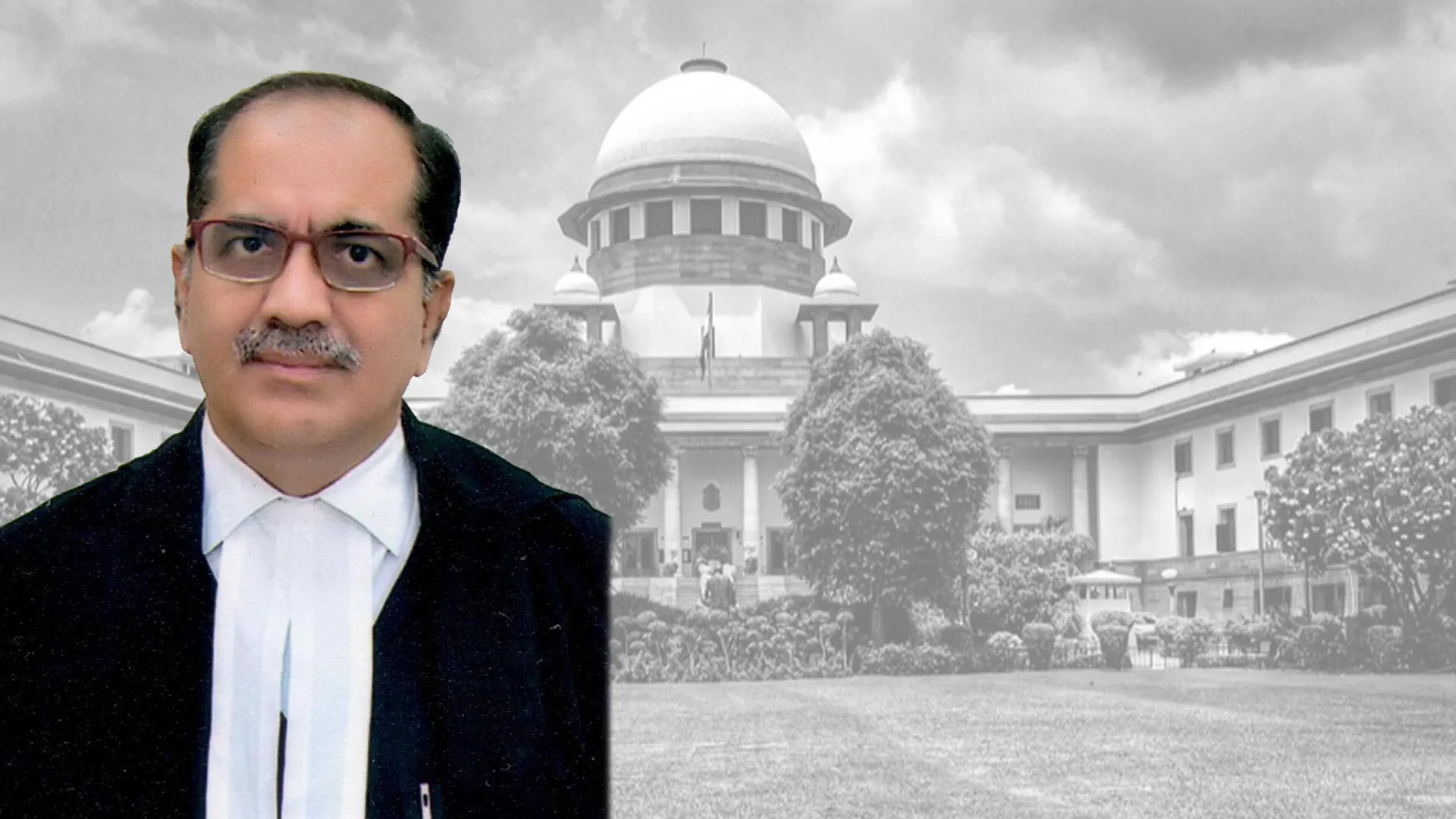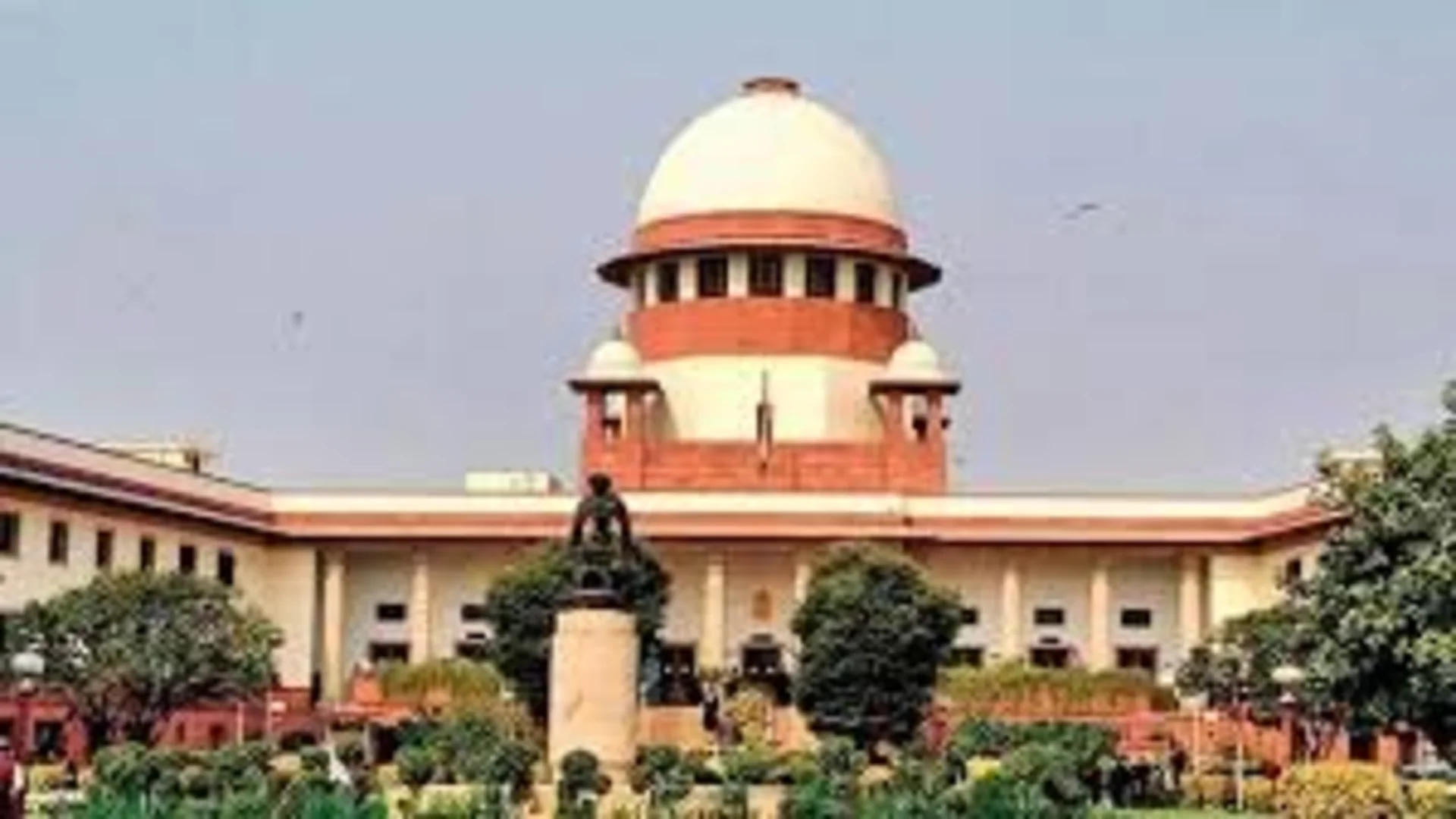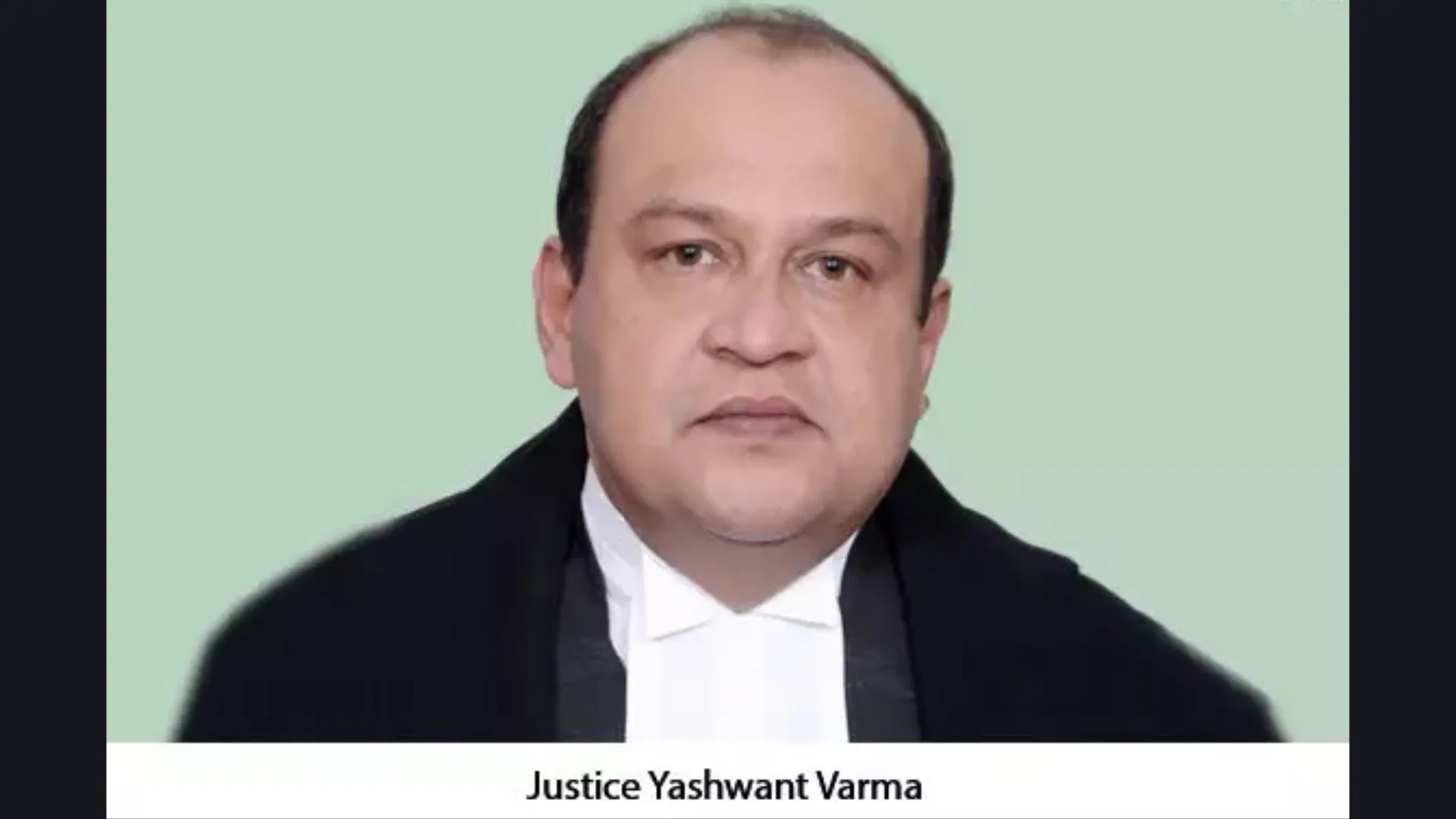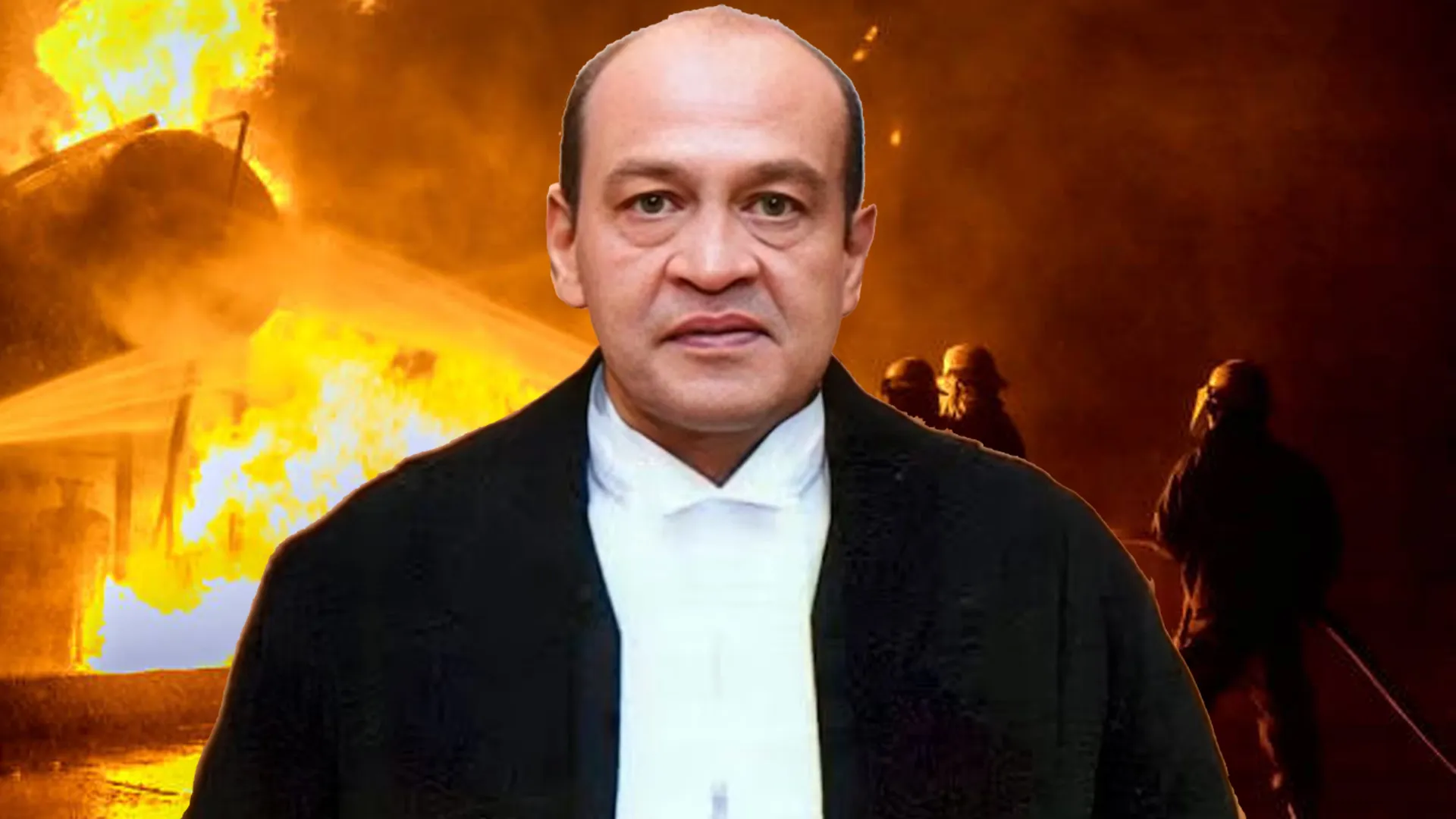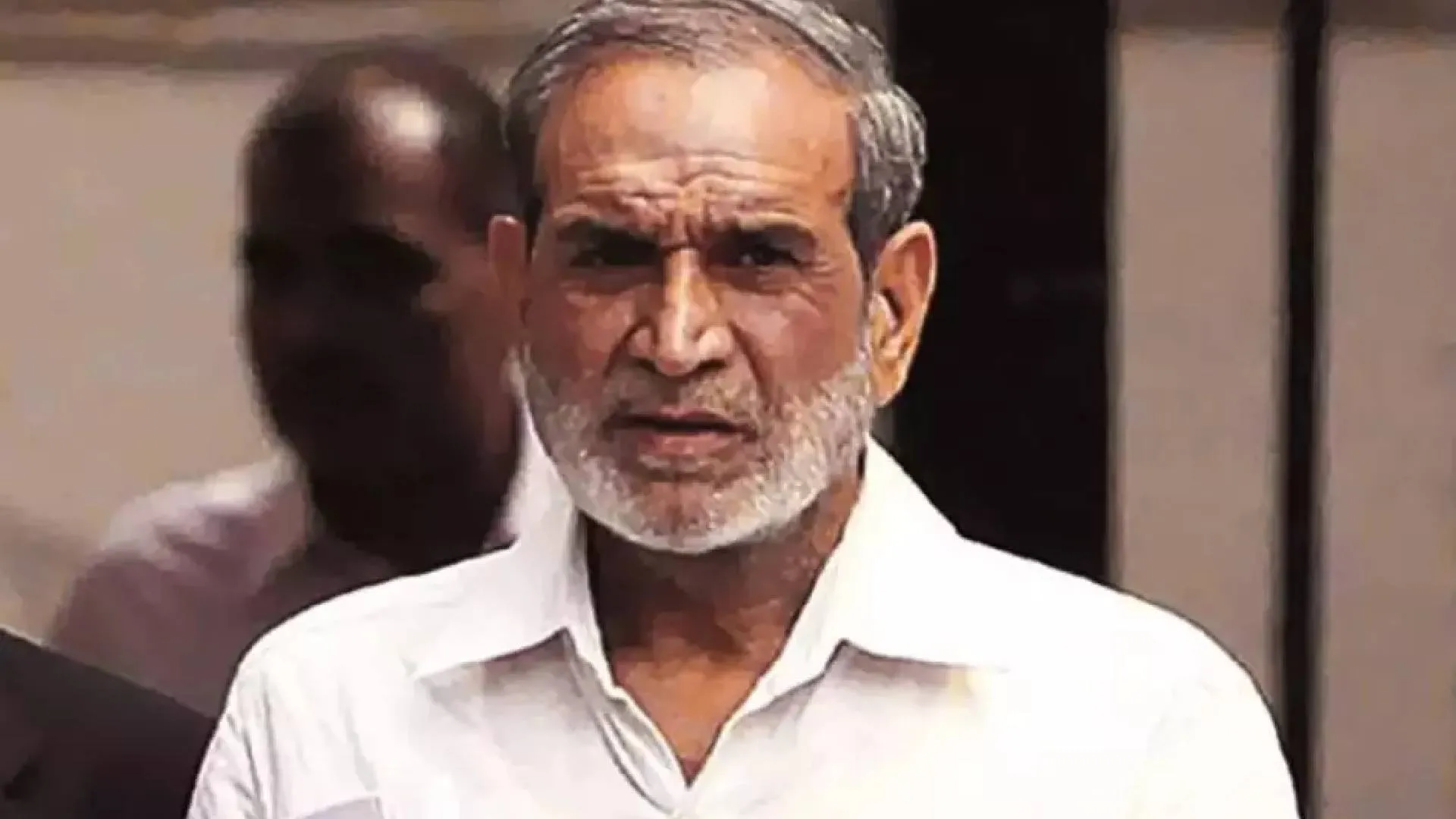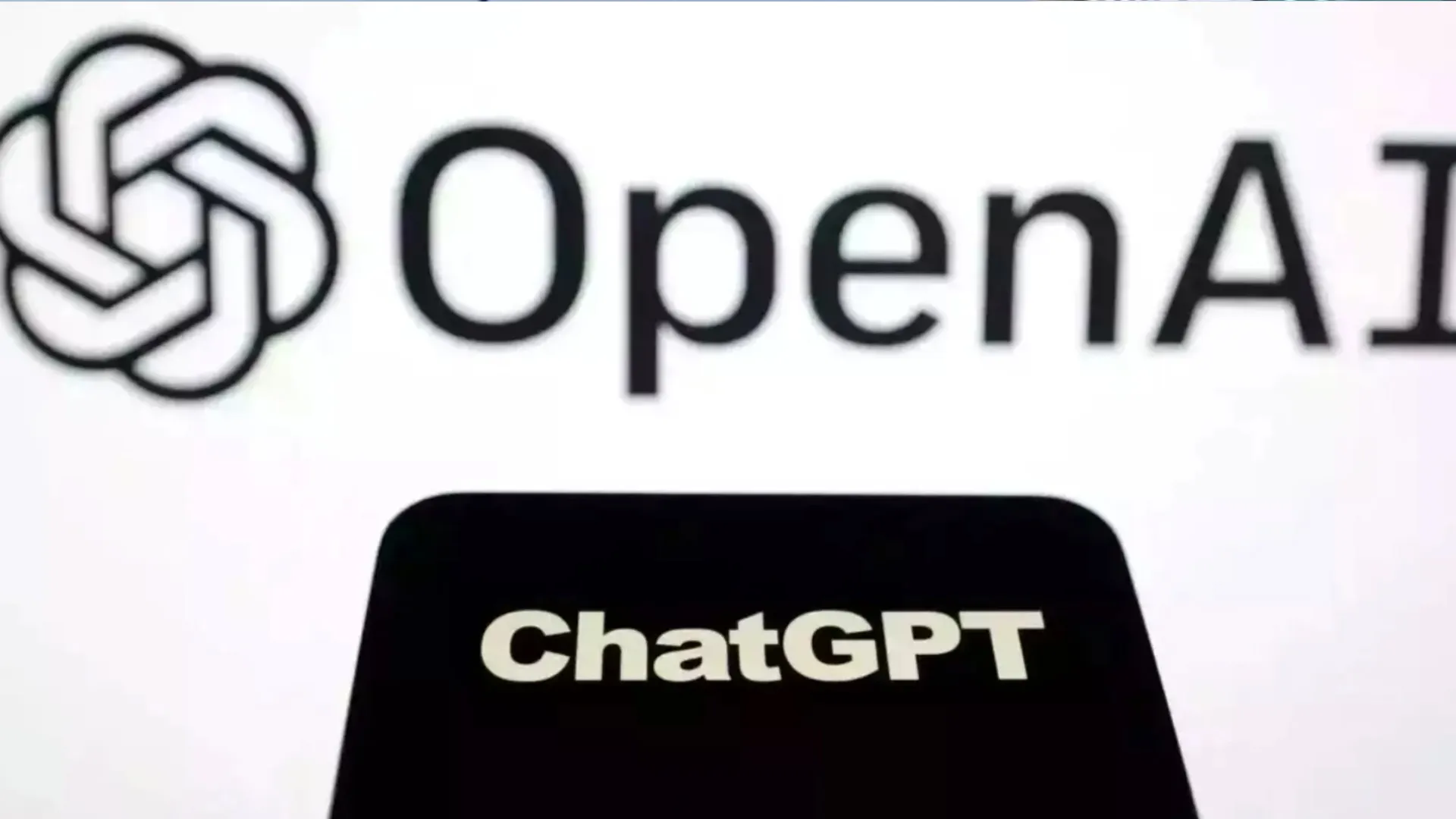INTRODUCTION
Prevention of Money laundering Act, 2002, a meticulous legislation, which was enacted with the objective to prevent the access of tainted money in the economy and to legitimately confiscate the assets procured from or involved in, money-laundering and for matters connected therewith or incidental thereto. Section 3 of the PML Act 2002, elaborates that, whosoever is associated with the proceeds of crime including its concealment, possession, acquisition and furthermore, projecting or claiming it as untainted property shall be guilty of offence of money-laundering.
The Scheduled offences under this Act include a wide range of legislations under its ambit. Part A details the legislations under the Indian Penal Code, Narcotics Drugs and Substances Act, Trademark Act, Wildlife Protection act etc. Part B on the other hand specifies the offences that are detailed under Part A and additionally the monetary value involved in it is one crore or more. Part-C specifies the offences that are corresponding and associated to transborder crimes. The authorities entrusted for procedural investigation are the Enforcement Directorate and Ministry of Finance. The Financial Intelligence Unit- India (FIU-IND) under the Department of Revenue, Ministry of Finance is an independent body reporting directly to the Economic Intelligence council and is subsequently headed by the finance minister.
The objective of the code was deterrence to the inflow of untainted money in the economy and to attain the stated objective penalization of offences related to money laundering is rigorous imprisonment for a term which shall not be less than three years and which may extend to seven years and shall also be liable to fine.
BAIL PROVISIONS UNDER THE PMLA, 2002:
The presumption of innocence is a fundamental rule of our judicial system which roots down its origin to the Constitutional provision of Article 21. The Hon’ble Supreme Court has reiterated in various landmark pronouncements that “Bail is the rule and Jail is an exception”. In Sanjay Chandra v CBI, the SC was of the opinion that the accused holds a better chance to prepare his case while he is out on bail compared to the one remanded in custody. Furthermore, in P. Chidambaram v Directorate of Enforcement, the Hon’ble Supreme Court stated three crucial parameters for the grant of bail which included that the accused is not at “flight risk”. Secondly, the possibility of tampering the evidences against the accused is negligible. Thirdly, the probability of influencing the witnesses in the matter is minuscule. Recently, the Hon’ble SC in the matter of Satender Kumar Antil v. Central Bureau of Investigation & another, (2021) 10 SCC 773 has laid down extensive guidelines for grant of bail.
Section 45 of the Prevention of Money Laundering Act, 2002, furnishes two pre-conditions considered indispensable to be fulfilled for the bail to be granted. The first condition mentions that the Public Prosecutor has been given an opportunity to judicially oppose the application for such release and the second one being that, the court is satisfied there are reasonable grounds for believing that he is NOT guilty and shall not commit any offence while out on bail. The discretion of granting bail is on the court. It has to be mentioned that historically twin conditions of Section 45 were only applicable to Part A scheduled offences that included precisely two offences i.e., waging or attempting to wage war or abetting waging of war against the Government of India and conspiracy to commit such offences. Part B listed down heinous offences that were also dealt under the Indian Penal Code, 1860 and were waived off from abiding by the twin conditions for bail. The amendment of 2012 amalgamated the offences under Part B of the Schedule with Part A which meant the twin conditions for Bail was to be applied to both the parts.
In Nikesh Tarachand case, the Supreme Court held the twin conditions to be unconstitutional and arbitrary. While declaring the twin conditions as unconstitutional, the Hon’ble Supreme Court observed that when the Prevention of Money Laundering Bill, 1999 was tabled before Parliament, Section 44, which corresponds to Section 45 of the present Act, provided that several offences punishable under “this Act” are to be of cognizable nature and the twin conditions for release on bail would apply only insofar as the offences under the Act itself are concerned, however, when the Act was finally enacted in 2002 and notified in 2005, this scheme changed radically. Now, both the offence of money laundering and the predicate offence were to be tried by the Special Court and bail is granted only if the twin conditions under Section 45(1) are met, where the term of imprisonment is more than three years for the predicate offence. It is important to note that Clause 44 of the Bill referred only to offences under Sections 3 and 4 of the Bill, whereas Section 45 of the Act does not refer to offences under Sections 3 and 4 of the Act at all. Reference is made only to offences under Part A of the Schedule, which are offences outside the 2002 Act.
AMENDMENT BROUGHT BY FINANCE ACT, 2018:
Subsequent to the judgment in Nikesh Tarachand case, Section 45 was amended by the Finance Act, 2018 w-e-f 19-04-2018, whereby, the words, punishable for a term of imprisonment of more than three years under “Part A of the Schedule” existing under Section 45(1) were substituted by the words “under this Act”.
IMPACT OF THE 2018 AMENDMENT, WHETHER TWIN CONDITIONS UNDER SECTION 45(1) STAND REVIVED
The impact of the Finance Act Amendment on the revival of the twin conditions prescribed under Section 45(1) has been the subject matter of adjudication before various High Courts across the country and the issue is also pending adjudication by the Hon’ble Supreme Court. The issue of applicability of twin conditions of amended Section 45 of PMLA has arisen before the various Hon’ble High Courts of this country and divergent views have come across.
It is also relevant to note that the Hon’ble Supreme Court has stayed the operation of the judgment pronounced by the Hon’ble High Court of Delhi delivered in the matter of Upendra Rai’s case vide order dated 03.06.2020 passed in SLP (Crl.) No. 5150/2020 and has also stayed the operation of the judgment delivered in Dr. Shivendra Mohan Singh’s case and has further held vide order dated 31.07.2020 in SLP (Crl.) No. 3474/2020 that this case will not be quoted as precedent in other cases. At the same time, it is also pertinent to note that the review petition filed against the decision of Delhi High Court in case of Bimal Kumar Jain taking contrary view was rejected. Furthermore, as of today, the view expressed by the Hon’ble High Court of Orissa at Cuttack in the matter of Mohammad Arif’s case and by the Hon’ble High Court of Patna in the matter of Vidyut Kumar Sarkar’s case holding that twin conditions of Section 45 of PMLA stand revived pursuant to amendment, has neither been stayed nor set aside by the Hon’ble Supreme Court of India. Though Special Leave Petitions were filed against these judgments. However, the SLP filed in Kumar Sarkar’s case was dismissed as withdrawn with liberty and SLP filed in Vidyut Kumar Sarkar’s case was also disposed off with additional directions to release the petitioner from jail as he had suffered incarceration for more than 4 years & 6 months, however, making it clear that the Court has not expressed anything about legal position particularly with reference to Section 45.
The fact to be considered is that the aforesaid judgments were delivered by the Single Bench of respective High Courts. Recently, the Division Bench of Hon’ble Bombay High Court in Ajay Kumar v. Directorate of Enforcement, Nagpur, decided on 28.01.2022 has specifically dealt with the impact of amendment brought in Section 45(1) by Finance Act, 2018 and after considering almost all the aforesaid judgments passed by various High Courts has held that amendment to Section 45 of the Act has impacted the dynamics. It has been furthermore observed that merely because the entire section is not re-enacted, that does not conclude that there is no consequence. The Hon’ble Court has further taken note of the fact that the amended Act has not been struck down yet by the Courts as the said challenge is pending. Since the Legislative amendment on date is in existence, presumption of constitutionality would apply. While concluding that the twin conditions under Section 45(1) have been revived, the Hon’ble Division Bench has also considered the judgment of the Supreme Court in the case of P. Chidambaram Vs. Directorate of Enforcement wherein the Hon’ble Supreme Court, after taking note of judgment in Nikesh Tarachand case and amended Section 45(1), did not express that despite amendment, twin conditions do not survive. Another important judgment considered by the Division Bench was in the matter of Assistant Director, Directorate of Enforcement s. V.C. Mohan decided on 04.01.2022 wherein the Hon’ble Supreme Court even after taking note of the decision of Nikesh Tarachand case has expressed that the rigor of Section 45 of the PMLA would be attracted while dealing with bail application.
CONCLUSION
Thus, in view of the judgment passed by the Division Bench of the Hon’ble Bombay High Court, it can be said that the Division Bench has cleared the air qua the impact of the amendment brought in by the Finance Act, 2018. Thus, the twin conditions provided under Section 45(1) stands revived. It is to be noted that section 45 has not been revoked from the statute book and in view of the law laid down by the Hon’ble Supreme Court in the case of Nagaland Senior Government Employees Welfare Association v. State of Nagaland, (2010) 7 SCC 643, a statute is deemed to be constitutionally valid till struck down by a competent Court As rightly observed by the Division Bench that absence of reference in notification dated 29.03.2018 thereby amending section 45(1) of the Act about its retrospective applicability (as observed in Sameer Bhujbal’s case), does not take away the force and impact of amendment. It is for the Legislature to give effect to the amending provisions prospectively or retrospectively. However, that cannot be reason for not giving effect to the amending provisions of the Act. Thus, having regard to the fact that twin conditions in the amended Section 45 of the PMLA have not been struck down till date by any court in India, therefore, twin conditions as mentioned in Section 45 of the PMLA are required to be made applicable to bail applications being filed before the competent courts.
The objective of the code was deterrence to the inflow of untainted money in the economy and to attain the stated objective penalization of offences related to money laundering is rigorous imprisonment for a term which shall not be less than three years and which may extend to seven years and shall also be liable to fine.
It is for the Legislature to give effect to the amending provisions prospectively or retrospectively. However, that cannot be reason for not giving effect to the amending provisions of the Act. Thus, having regard to the fact that twin conditions in the amended Section 45 of the PMLA have not been struck down till date by any court in India, therefore, twin conditions as mentioned in Section 45 of the PMLA are required to be made applicable to bail applications being filed before the competent courts.


